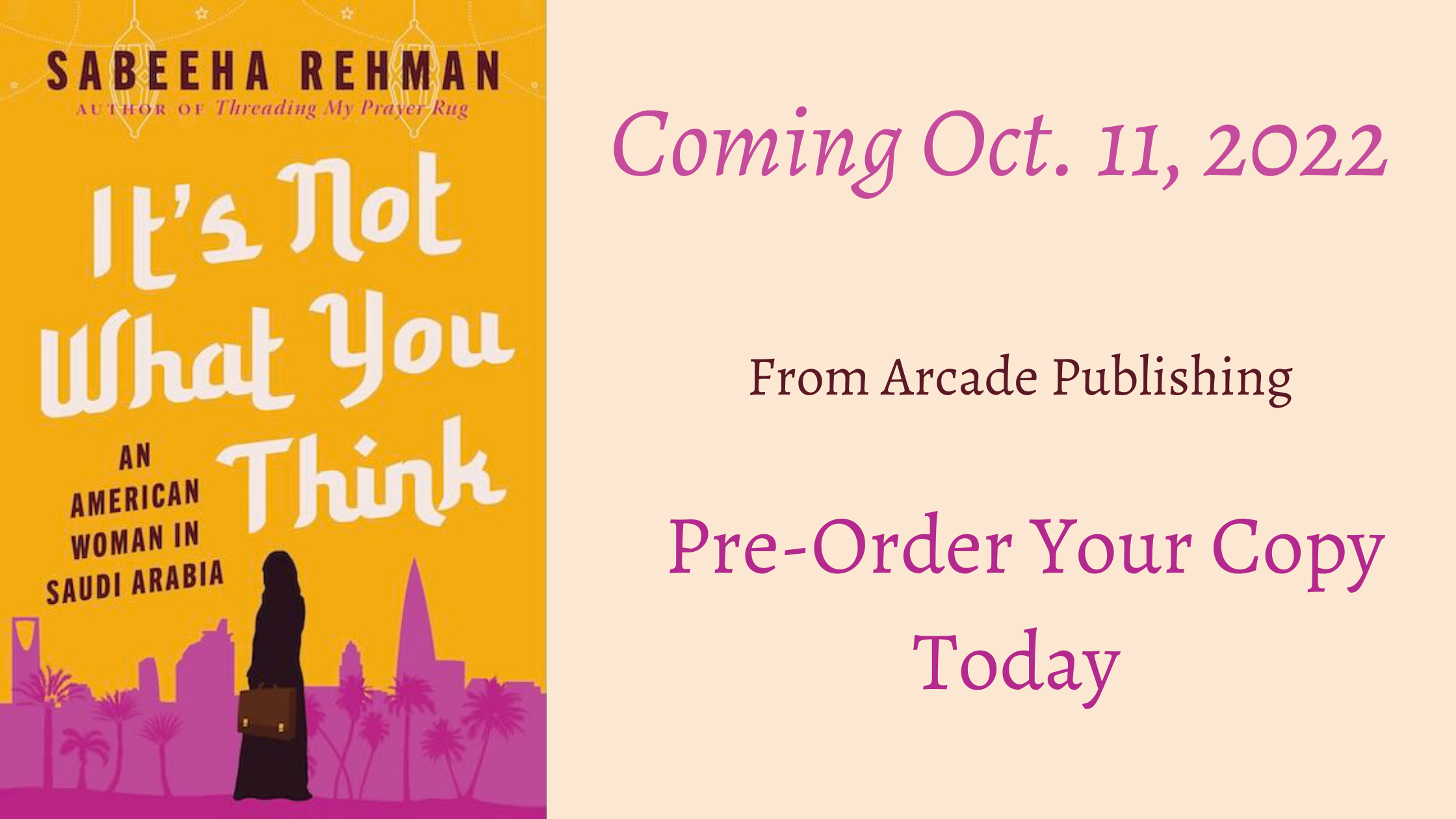As Muslims begin their new year on October 3, I will reflect on what my father said to me when I was just fifteen. Before I go there, a word of caution on protocol and a bit of background. Protocol: I advise that you not greet your Muslim friends with a cheery ‘Happy New Year’. Muslims around the world will ring in the new year, not with bells and whistles, but on a solemn note, and tears. Background: The Islamic calendar—the Hijra calendar, begins in the month of Muharram, when 1,438 years ago the Prophet Muhammad made his exodus from his homeland city of Mecca, to Medina. He and his companions left all they had behind, and escaping persecution, ventured into new territory and started all over. But that is not the reason for the tears. If anything, it would be a time to celebrate the new beginning and the Prophet’s remarkable success in establishing a Muslim community in the city of Medina. So why the tears? Because in the sixty-first year of the Hijra year, a terrible tragedy took place.
At the battle of Karbala in Iraq, Hussain, the Prophet’s grandson, was killed and beheaded by the forces of the caliph of Baghdad. Hussain was martyred along with most of his family and companions, including his six-month-old infant son.
On October 1st, we began a 10-day period of remembrance, for it was on the tenth day that Hussein fell in battle. It is during this time that the sectarian differences between Muslims of the Shia and Sunni sects, become visibly apparent. Whereas the Sunnis observe this period of mourning in a low-key manner by refraining from participating in festivities and fasting on the tenth day, Shia Muslims immerse themselves in lamentation, holding gatherings and relating the tragedy of the battle; carry out processions where sometimes men will self-flagellate; and after the tenth day, begin the forty-day mourning period. Sadly, you are likely to hear of clashes on the streets between Sunnis and Shias, often violent with many lives lost.
My mother was a Sunni, my father a Shia. My maternal grandfather was a devout Sunni, and how he agreed to a love match between my drop-dead gorgeous mother and my handsome-with-no-prospects Shia father, is beyond me. Was it love for his daughter? Or did his wise eyes see something beautiful in my father? As a teenager growing up in Pakistan, every year in Muharram, I would notice the girls at school engaging into a spirited discussion on Sunnis and Shias. I had no idea what they were talking about. My parents, to keep the peace, had kept sectarian discussion off the table. Every year, as the Muslim New Year began, I would hear radio reports, “…twenty people killed in Shia-Sunni clashes on the streets…” and I wondered what the fuss was about. When I asked my mother, she shook her head in exasperation, referring to the riots as people gone crazy. So I went to my grandfather, who explained that the conflict began over succession after Prophet Muhammad died. Those who wanted succession to remain in the family wanted the Prophet’s cousin, Ali to succeed as Caliph. The other party wanted succession to be decided by the community. The latter prevailed and Abu Bakr, the prophet’s friend became the first caliph. That initial incident split the Muslim community forever, driving a schism between the supporters of Ali—the Shia, and the supporters of Abu Bakr, the Sunnis. To this day, they fight on the streets during Muharram, killing one another. Whereas years later, Ali did become the fourth caliph, it did little to heal the rift. Hussein was the son of Ali, and holds a special place in the hearts of the Shia sentiment.
So what did my father say to me when I was just fifteen? “Sects are not important,” he said, stressing that embracing one sect over the other was not going to make a good person out of me. If I could just focus on the Qur’an, embrace its spirit, practice what it instructs, that is enough of a challenge; and if I can overcome that challenge, it will make me a good Muslim, and that is all that matters—to be a good human being. These people were fighting over history—and getting into that fight was not going to make me a better person.
Today, when people ask me, “Are you a Shia or a Sunni?” I tell them: “I am a Muslim. Period.”
In this month of Muharram, when I reflect on what my father said, I will pray for Sunnis and Shias to find peace among themselves, to put history to rest, and come together. I will go to a gathering and remember the martyrdom of Hussein and pray that we never again take arms against one another, and that our tragic and violent history, be history.
Based on a chapter from my book, Threading My Prayer Rug. One Woman’s Journey form Pakistani Muslim to American Muslim.
Order here:
At a bookstore near you
and
Amazon (hard cover) Amazon (Kindle)
Barnes & Noble Bookshop.org
Indiebound Books-a-Million
Now Available at a bookstore near you
or order here:
Amazon (hard cover), Amazon (Kindle),
Simon & Schuster, Barnes & Noble, Indiebound
On Amazon
Order here for your:
Paperback
Kindle
Hardcover
Audio, narrated by Yours Truly
Or get a copy from your neighborhood book store
As an Amazon Associate, I earn from qualifying purchases




